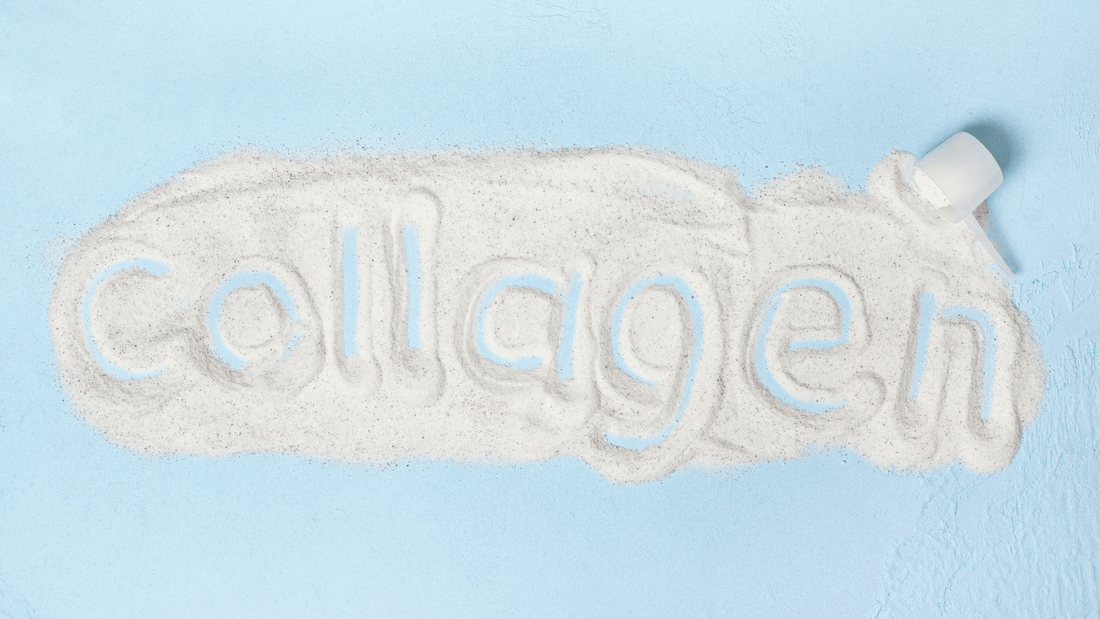
Although collagen and collagen peptides sound like they’re the same thing, there is a fundamental difference, as we explain below.
What is collagen?
Collagen is the name of the most prevalent protein in the body found in everything from our skin, hair and nails to our gut, muscles, tendons and more. It is a very complex molecule comprising 18 amino acids structured in a very unique and special way. To find out more about collagen, please visit our blog.
What are collagen peptides?
Collagen peptides is the name typically given to the manufactured form of collagen supplements that we can consume and which are created when raw materials such as fish skins or cow hides are processed and broken down into smaller chunks of collagen. This process is called hydrolysis and these smaller peptides result in a form of collagen that can be used as a supplement (as opposed to the collagen found in our bodies), and which is very bioavailable (a term that means they are easier to absorb into the body during digestion). When collagen supplements are manufactured in this way, the collagen peptides are also known as collagen hydrolysate - in other words collagen that has gone through this hydrolysis process.
Are collagen and collagen peptides the same thing?
No, as we have now learned, there is a key difference between collagen and collagen peptides. Whilst they have the same composition of amino acids, collagen is typically used to refer to the collagen in our bodies, whereas collagen peptides is the name given to collagen that has been manufactured into an easy to digest supplement form.
Available in UK & EU only
Available in US only



